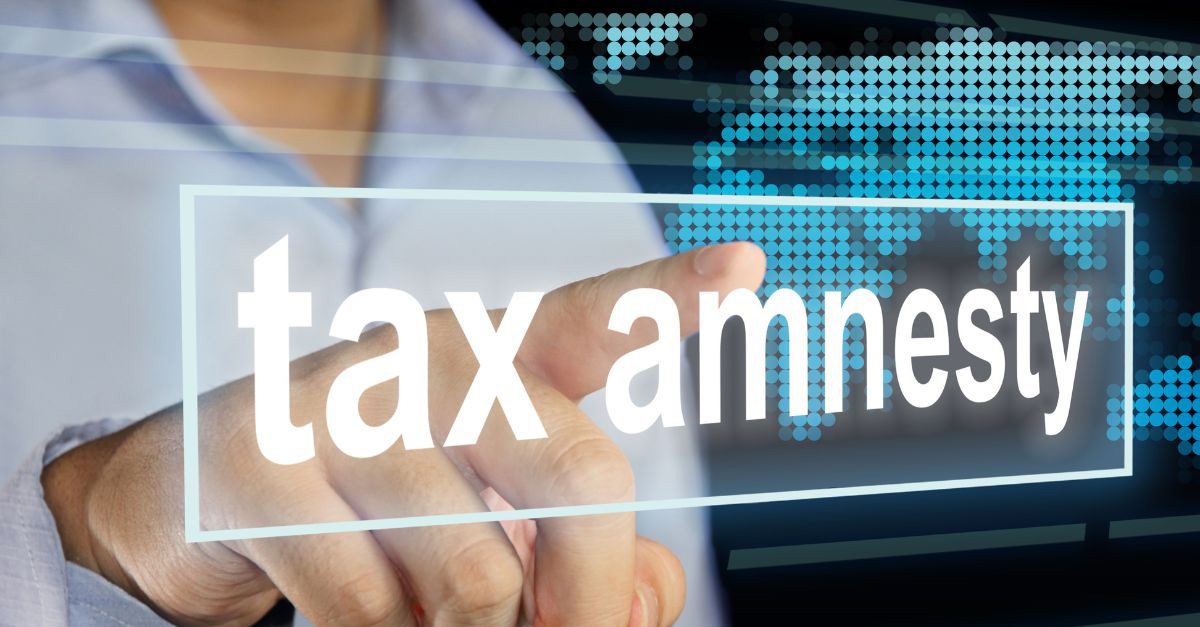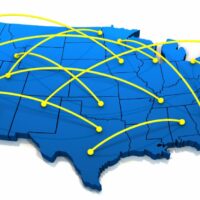
The 2025 Illinois Tax Delinquency Amnesty Act provides taxpayers with a limited-time opportunity to pay outstanding Illinois state tax liabilities without penalties or interest. The program applies to liabilities for tax periods ending after June 30, 2018, and before July 1, 2024. The amnesty program is administered by the Illinois Department of Revenue (IDOR). Practitioners and taxpayers should assess both the amnesty opportunity and these pending changes before the close of the 2025 tax year.
What Is the Illinois Tax Amnesty Program?
The amnesty program allows taxpayers to settle past-due state tax obligations with all penalties and interest waived. The amnesty program includes most taxes administered by IDOR, including individual income tax, corporate income tax, sales, and excise taxes. Payments made during the amnesty window qualify for a complete waiver of penalties and interest if the original amount due is paid in full.
How to Participate
For taxpayers to participate in the 2025 amnesty program, taxpayers must:
- File all required original or amended returns for eligible tax periods.
- Taxpayers must pay in full all eligible tax liabilities between October 1 and November 17, 2025.
- Taxpayers must submit payment through MyTax Illinois or by check or money order. Credit card payments are limited to individual income tax.
- Amnesty period payments must be postmarked or scheduled between October 1 and November 17, 2025.
Eligibility
Taxpayers may qualify if they currently owe eligible tax liabilities, such as individual or corporate taxes, within the covered periods and are not parties to a criminal investigation or a civil or criminal case involving the liability.
Exclusions and Limitations
Taxpayers and tax types excluded from the 2025 Illinois Tax Amnesty Program include:
- Liabilities where only penalties and/or interest remain due.
- Taxpayers who are currently subject to criminal investigation or litigation involving the tax.
- Non-IDOR taxes such as:
- Property tax
- Estate tax
- Franchise tax
- Insurance tax
- Local taxes that are paid directly to local governments
- Motor Fuel Use Tax (MFUT/IFTA)
- Federal Tax
- Non-tax liabilities such as license fees, surcharges, or permits.
- Liabilities that are not based on a tax, such as audit penalties or other penalties not related to tax.
Special Circumstances
Audits
If a taxpayer is currently in an audit, the taxpayer could still qualify if the audit closes before November 17, 2025.
Ongoing audits
If an audit is ongoing and not completed before November 17, 2025, taxpayers may estimate the tax due and pay the tax in full. If a balance remains, penalties and interest will only apply to the remaining balance after the amnesty period ends.
Administrative Hearings or Tax Tribunal Cases
To qualify, taxpayers must withdraw their requests and pay the amount due in full.
Bankruptcy
Participation may require federal bankruptcy court approval.
Pending Refunds
Refunds or credits cannot substitute for payment; actual payment is required to qualify.
New Tax Law Changes
IDOR released FY 2025-29, Legislative Income Tax Changes that May Increase Current Tax Year Liabilities, which highlights new tax law changes. These changes to the Illinois Income Tax Act affect apportionment, related-party adjustments, GILTI deductions, and pass-through allocations. These changes could increase tax liabilities for the current year and future tax liabilities.
Key Income Tax Law Changes
1. Pass-Through Entity (PTE) Capital Gains Allocation
Beginning with tax years ending on or after June 16, 2025, gains or losses from the sale or exchange of stock in an S corporation or an interest in a partnership, other than an investment partnership, must be allocated to Illinois if the entity is taxable in Illinois. The amount allocable to Illinois is based on the average of the entity’s Illinois apportionment factors for the year of the sale and the two prior tax years, using a three-year average reported on Illinois Schedule NB, Nonbusiness Income.
2. Finnigan Method of Apportionment
For tax years ending on or after December 31, 2025, corporations filing combined Illinois returns must use the Finnigan method instead of the Joyce method. The change recalculates the Illinois sales factor and the portion of business income apportioned to Illinois. For unitary groups filing combined Illinois returns, this means they will now calculate the throwback/throw-out on a groupwide basis. In addition, unitary groups will also calculate the sales-factor numerator and denominator on the same groupwide basis.
The change from the Joyce method to the Finnigan method is significant for taxpayers. Many taxpayers will see a larger portion of total sales assigned to Illinois, which may increase their Illinois income tax liability.
3. Modifications to the 80/20 Company Addback Rule
Two safe harbor exceptions to the related-party addback for interest or intangible expenses are repealed for tax years ending on or after December 31, 2025. Unitary filers now have these limited exceptions:
- Transactions must have a bona fide business purpose and reflect arm’s-length terms.
- IDOR may require clear and convincing evidence for adjustments deemed unreasonable.
4. Interest Expense Allocation Alignment
Illinois aligns with IRC §163(j), requiring taxpayers subject to the business interest limitation to allocate reduced interest expenses first to non-foreign affiliates. This change states that this must be allocated before applying reduced interest expenses to foreign affiliates. The change now aligns Illinois with federal treatment under IRC §59A(c)(3) for consolidated filers.
5. GILTI Deduction Reduction
Effective for tax years ending on or after December 31, 2025, Illinois limits the dividend-received deduction for Global Intangible Low-Taxed Income (GILTI) to 50 percent of the amount recognized, regardless of the foreign ownership percentage. The change aligns Illinois treatment more closely with federal income inclusion rules.
Effect on Estimated Tax Payments
Some taxpayers will face higher liabilities. Taxpayers and practitioners should be aware of these changes and start or adjust 2025 estimated tax payments as needed.
-
Taxpayers who are affected by these changes and are currently required to make estimated tax payments should recalculate quarterly estimated tax payments beginning with the first payment after June 16
-
Taxpayers who were not required to make quarterly estimated tax payments before these changes should be aware that they may now be required to make estimated tax payments.
-
To avoid paying an underpayment penalty, the IDOR recommends using the annualized income installment method to calculate tax liability.
-
If the first estimated tax payment occurs after June 16, 2025, include any catch-up amount attributable to these changes.
By Kim Tipsord, EA
Tax Materials Specialist, U of I Tax School

Sources:



